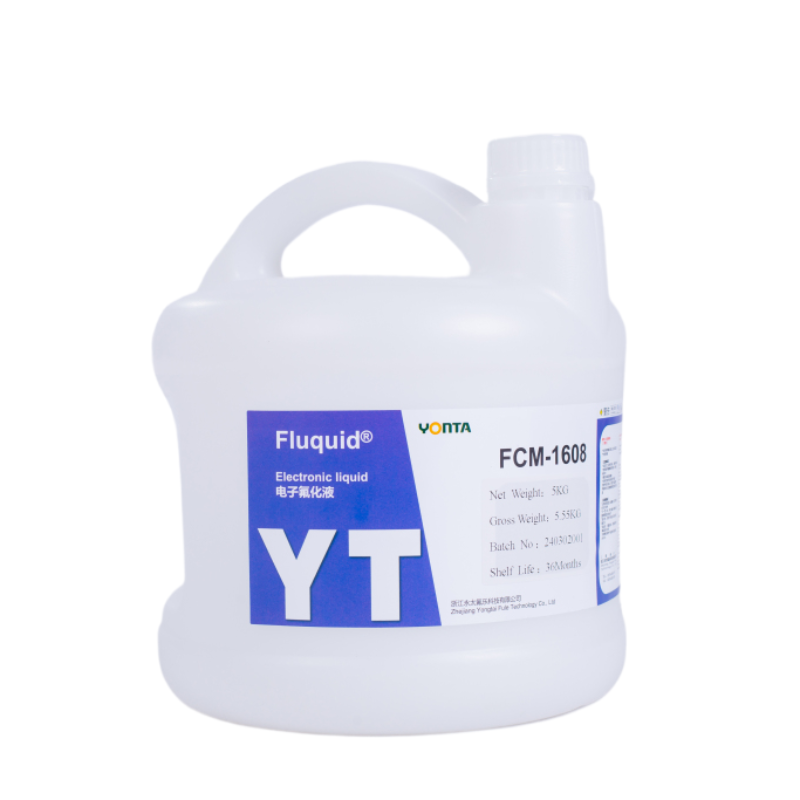Email format error
Email cannot be empty
Email already exists
6-20 characters(letters plus numbers only)
The password is inconsistent
Email format error
Email cannot be empty
Email does not exist
6-20 characters(letters plus numbers only)
The password is inconsistent


Types of Chemical Cleaning Agents
I. Introduction
Chemical cleaning agents play a vital role in maintaining hygiene and cleanliness across various environments, from households to industrial settings. These agents are specially formulated substances designed to remove dirt, stains, and contaminants effectively. Understanding the different types of chemical cleaning agents is essential for consumers and businesses alike, as it helps in selecting the right product for specific needs and promotes informed choices regarding safety and environmental impact.
II. Overview of Different Categories of Chemical Cleaning Agents
A. Industrial Cleaners
Industrial cleaners are powerful formulations designed for heavy-duty cleaning tasks in commercial and industrial settings. These cleaners cater to diverse applications, including manufacturing facilities, warehouses, and healthcare environments.
Purpose and Applications
Industrial cleaners are often used to maintain machinery, equipment, and surfaces that accumulate grease, oil, and other tough residues. They are essential in sectors such as automotive, food processing, and pharmaceuticals, where cleanliness is critical for safety and efficiency.
Common Formulations
The formulations of industrial cleaners vary widely, with common types including:
-
- Solvents: Effective for dissolving grease and oils, solvents such as acetone or mineral spirits are frequently used in maintenance and repair operations.
- Detergents: These surfactant-based cleaners lower surface tension, making it easier to remove dirt and grime. They are often used in washing machines and pressure washers.
- Acid-based Cleaners: Used for removing mineral deposits, rust, and scale, these cleaners are essential in industries like food and beverage processing.
B. Household Cleaners
Household cleaners are formulations designed for everyday cleaning tasks within residential settings. They encompass a wide range of products tailored for specific areas of the home.
Types
Household cleaners include:
-
- All-purpose Cleaners: Versatile solutions that can be used on various surfaces, these products are popular for general cleaning tasks.
- Bathroom Cleaners: Specifically formulated to tackle soap scum, mold, and mildew, bathroom cleaners often contain strong disinfectants.
- Kitchen Cleaners: These are designed to address grease and food residues, with formulations that may include degreasers and sanitizers.
Ingredients and Safety Considerations
Common ingredients in household cleaners include surfactants, solvents, and fragrances. While effective, it's crucial to consider safety, especially in homes with children or pets. Many brands now offer "green" or eco-friendly options that reduce harmful chemical exposure.
C. Specialty Cleaners
Specialty cleaners are formulated for specific cleaning tasks that require targeted effectiveness. These products often address unique cleaning challenges.
Definition and Examples
Specialty cleaners include:
-
- Glass Cleaners: Designed to leave windows and mirrors streak-free, these cleaners often contain ammonia or vinegar-based solutions.
- Upholstery Cleaners: Formulated for fabric surfaces, these products can effectively remove stains without damaging the material.
- Oven Cleaners: Specifically targeting baked-on grease and food residues, these powerful cleaners often contain caustic ingredients.
Targeted Uses and Effectiveness
The effectiveness of specialty cleaners is often enhanced by their specific formulations, making them indispensable for maintaining certain surfaces and materials. Understanding the right cleaner for a particular task can yield better results and reduce the risk of damage.

III. Comparison of Biodegradable vs. Traditional Cleaning Agents
As the demand for eco-friendly products rises, a significant distinction has emerged between biodegradable and traditional cleaning agents. This comparison is crucial for consumers seeking to make environmentally responsible choices.
A. Definition and Characteristics
Biodegradable Cleaning Agents
Biodegradable cleaning agents are formulated to break down naturally in the environment. These products use plant-based ingredients and minimal synthetic chemicals, resulting in less harm to ecosystems.
Traditional Cleaning Agents
Traditional cleaning agents often contain synthetic chemicals that may not break down as easily. While effective in cleaning, many of these agents can contribute to environmental pollution and health risks if misused.
B. Environmental Impact
Benefits of Biodegradable Agents
Biodegradable cleaning agents offer several advantages, including:
-
- Lower Toxicity: Many biodegradable products are non-toxic, making them safer for users and the environment.
- Reduced Pollution: These cleaners are less likely to contribute to water pollution, as they break down into harmless substances.
Concerns with Traditional Agents
Traditional cleaning agents can pose significant environmental risks. Some contain phosphates or bleach, which can harm aquatic life and ecosystems. Additionally, they may contribute to air and water pollution during production and disposal.
C. Effectiveness and Performance
Cleaning Power Comparison
There is a common misconception that biodegradable cleaners are less effective than traditional ones. However, many modern biodegradable formulations have been proven to perform just as well, if not better, against certain stains and contaminants.
User Preferences and Market Trends
Growing awareness of environmental issues has led to increased consumer preference for biodegradable products. As a result, many manufacturers are expanding their eco-friendly offerings, making it easier for consumers to choose sustainable options.
IV. Conclusion
Understanding the various types of chemical cleaning agents—industrial, household, and specialty—along with the differences between biodegradable and traditional options, empowers consumers and businesses to make informed choices. With the increasing importance of sustainability, the trend towards biodegradable cleaning agents is reshaping the market, encouraging manufacturers to innovate and offer effective, eco-friendly solutions. By delving into these categories, individuals can select the ultimate cleaning products that align with their needs and values, promoting a cleaner, safer environment for all.
